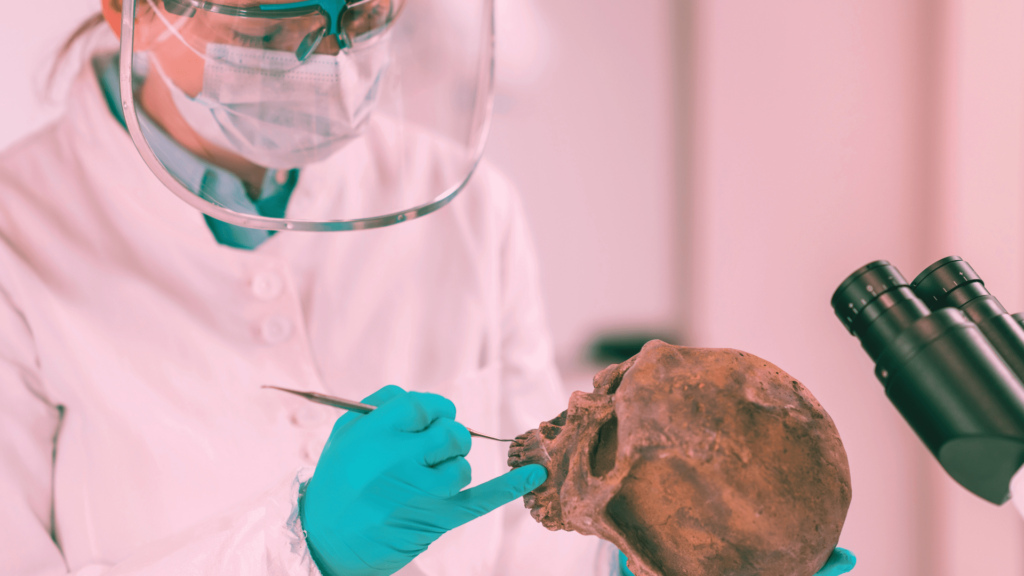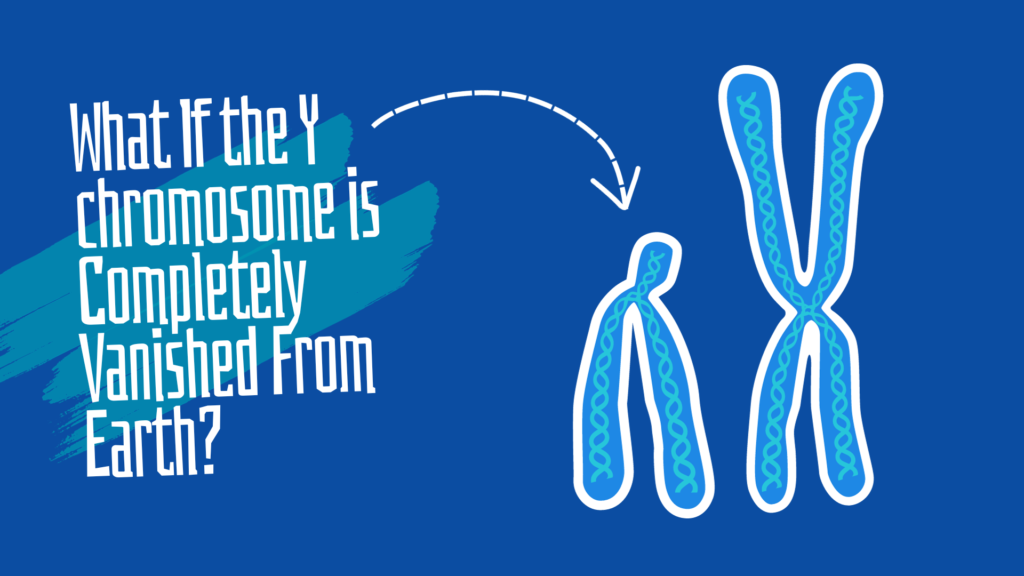“Alterations within the regulatory elements of various genes including MFSD12, HMG20B, OCA2, MITF, LEF1, TRPS1, BLOC1S6, and CYB561A3 are associated with skin pigmentation.”
10, January 2024; Published in Nature Genetics by Feng et al.
Key Topics:
Factors Affecting Skin Pigmentation
Human skin color is as diverse as our cultures and food. Skin color, pigmentation or tone, are all collectively determined by the complex interplay between the genetic and environmental factors.
Melanin protein is majorly responsible for skin color, pigmentation or tone at the molecular level. Sunlight is an important factor that alters the skin’s melanin level and so the skin color.
People near the equator produce higher levels of melanin due to direct sunlight. Consequently, develop dark skin tones. The present evolutionary adaptation protects their skin from harmful UV rays and also prevents skin cancer.
Conversely, in low sunlight areas, less melanin is produced and so their skin tone is light. Skin pigmentation also follows the same molecular mechanism. The higher the Melaine, the darker the skin pigmentation.
Migration and gene flow are other two factors that give rise to varied levels of skin pigmentation. Migration and gene flow introduced new alleles and produced new allelic combinations and new skin tones and pigmentations.
Related article: Eye Colour Genes and Genetics.
Genetics of Skin Pigmentation
One strong and crucial factor that majorly contributes to skin color and pigmentation is genetics. Although the OCA2 gene has been an integral player in this tournament, many other genes are also linked to this process.
Skin pigmentation, thus, is a complex polygenic trait that involves MC1R, TYR, OCA2, and SLC45A2, as main genes, and MFSD12, HMG20B, MITF, LEF1, TRPS1, BLOC1S6 and CYB561A3 as other secondary genes.
Various genes, their location and contribution to skin coloration.
| Gene | Chromosome Location | Full Name | Contribution to Skin Color |
| MC1R | 16 | Melanocortin 1 Receptor | Determines the type of melanin produced; impacts eumelanin and pheomelanin levels. |
| TYR | 11 | Tyrosinase | An essential enzyme in melanin production; Affects melanin synthesis. |
| OCA2 | 15 | P-protein (P protein of the OCA2 gene) | Involved in melanin synthesis and transport; variations contribute to skin color diversity. |
| MITF | 3 | Microphthalmia-associated transcription factor | Regulates melanocyte development and function; and influences melanin levels. |
| LEF1 | 4 | Lymphoid enhancer-binding factor 1 | Participates in melanocyte differentiation; affects melanin production. |
| TRPS1 | 8 | Trichorhinophalangeal syndrome type 1 | Involved in melanocyte function; variations impact skin pigmentation |
| BLOC1S6 | 15 | Biogenesis of lysosome-related organelles complex 1 subunit 6 | Plays a role in melanosome biogenesis; affects melanin levels |
| CYB561A3 | 17 | Cytochrome b561 domain-containing protein 3 | Newly identified pigmentation regulator; impacts genes associated with oxidative phosphorylation and melanogenesis |
The present Research
A research study published by Feng et al. (2024) from the Department of Genetics, University of Pennsylvania, Philadelphia, PA, USA identified novel genetic variants influencing skin pigmentation using functional genomic analysis.
The present study was conducted to study the skin pigmentation from various African populations using a massively parallel reporter assay (MPRA) and other molecular genetic techniques.
MPRA enables functional genomic analysis to screen many different untranscribed and untranslated regions from the genome. This can study the effects of regulatory elements, for example, promoters or enhancers on a particular trait.
For the present study, Feng et al. (2024) selected 1,157 known genetic variants having a strong association with skin pigmentation. The regulatory elements of genes— MFSD12, HMG20B, OCA2, MITF, LEF1, TRPS1, BLOC1S6, and CYB561A3 were analyzed.
Notedly, the present gene set including the candidate gene OCA2 was selected based on in vitro studies performed on molecular mechanisms of melanin modulation. The OCA2 gene, previously known as a P gene, encodes the P protein (melanin). It is located on chromosome 15 at 15q11.2.
Higher expression of melanin protein encoded by the present gene produces skin color for skin, hair and eyes and is also responsible for skin pigmentation. The present study reported mutations in the enhancer region of the OCA2 gene.
An enhancer is a regulatory gene element that enhances or activates transcription. The study further evaluated that the present sets of mutations are responsible for human skin color diversity.
Particularly for the Khoesan-speaking population from Southern Africa, an adaptation of MITF, LEF1, and TRPS1 gene enhancers are linked to their light skin color.
Moreover, the present study also identified a novel gene associated with skin pigmentation— CYB561A3 and 165 Single-Nucleotide Polymorphisms from 1,157 known variants.
Related articles:
Tattoo Ink Causes DNA Damage—and Much More, Says New Study
What Genetics and Biotech Experiments Is India Sending to Space with Axiom 4?
Environment Affects People Differently Based On Their Genes, GWAS on 21,792 Identical Twins Reveals
Wrapping up
In conclusion, genetic factors have an extensive impact on skin pigmentation, environmental factors also play an important role here, though. More research is required to understand the underlying genetic foundation and mechanism behind the development of skin pigmentation.
Such studies play a crucial role in enhancing our comprehension of molecular mechanisms and their disruptions that may lead to skin cancer and a spectrum of other dermatological challenges.
Sources:
Feng, Y., Xie, N., Inoue, F. et al. Integrative functional genomic analyses identify genetic variants influencing skin pigmentation in Africans. Nat Genet (2024). https://doi.org/10.1038/s41588-023-01626-1.



I have read some excellent stuff here. Definitely value bookmarking for revisiting. I wonder how much effort you put to make the sort of excellent informative website.
Hey would you mind letting me know which web host you’re using?
I’ve loaded your blog in 3 different internet browsers and I must say this blog loads a lot faster then most.
Can you recommend a good internet hosting provider at a honest price?
Many thanks, I appreciate it!
I’m using Hostinger Cloud hosting